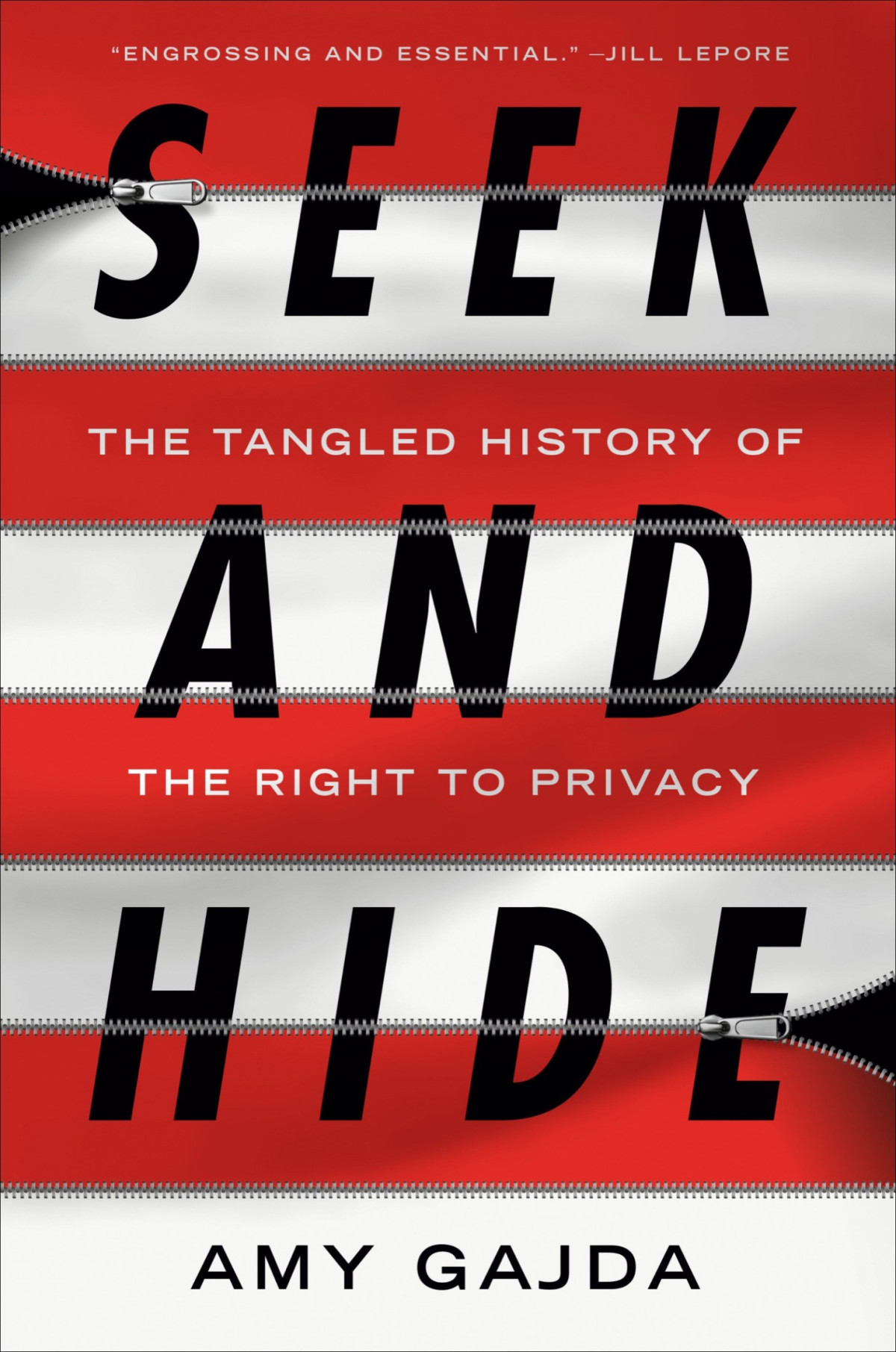

Most ebook files are in PDF format, so you can easily read them using various software such as Foxit Reader or directly on the Google Chrome browser.
Some ebook files are released by publishers in other formats such as .awz, .mobi, .epub, .fb2, etc. You may need to install specific software to read these formats on mobile/PC, such as Calibre.
Please read the tutorial at this link: https://ebookbell.com/faq
We offer FREE conversion to the popular formats you request; however, this may take some time. Therefore, right after payment, please email us, and we will try to provide the service as quickly as possible.
For some exceptional file formats or broken links (if any), please refrain from opening any disputes. Instead, email us first, and we will try to assist within a maximum of 6 hours.
EbookBell Team

4.3
88 reviewsNEW YORK TIMES TOP 100 NOTABLE BOOKS OF 2022“Gajda’s chronicle reveals an enduring tension between principles of free speech and respect for individuals’ private lives. …just the sort of road map we could use right now.”—The Atlantic“Wry and fascinating…Gajda is a nimble storyteller [and] an insightful guide to a rich and textured history that gets easily caricatured, especially when a culture war is raging.”—The New York TimesAn urgent book for today's privacy wars, and essential reading on how the courts have--for centuries--often protected privileged men's rights at the cost of everyone else's. Should everyone have privacy in their personal lives? Can privacy exist in a public place? Is there a right to be left alone even in the United States? You may be startled to realize that the original framers were sensitive to the importance of privacy interests relating to sexuality and intimate life, but mostly just for powerful and privileged (and usually white) men. The battle between an individual’s right to privacy and the public’s right to know has been fought for centuries. The founders demanded privacy for all the wrong press-quashing reasons. Supreme Court justice Louis Brandeis famously promoted First Amendment freedoms but argued strongly for privacy too; and presidents from Thomas Jefferson through Donald Trump confidently hid behind privacy despite intense public interest in their lives. Today privacy seems simultaneously under siege and surging. And that’s doubly dangerous, as legal expert Amy Gajda argues. Too little privacy leaves ordinary people vulnerable to those who deal in and publish soul-crushing secrets. Too much means the famous and infamous can cloak themselves in secrecy and dodge accountability. Seek and Hide carries us from the very start, when privacy concepts first entered American law and society, to now, when the law allows a Silicon Valley titan to destroy a media site like Gawker out of spite. Muckraker Upton Sinclair, like Nellie Bly before him, pushed the envelope of privacy and propriety and then became a privacy advocate when journalists used the same techniques against him. By the early 2000s we were on our way to today’s full-blown crisis in the digital age, worrying that smartphones, webcams, basement publishers, and the forever internet had erased the right to privacy completely.